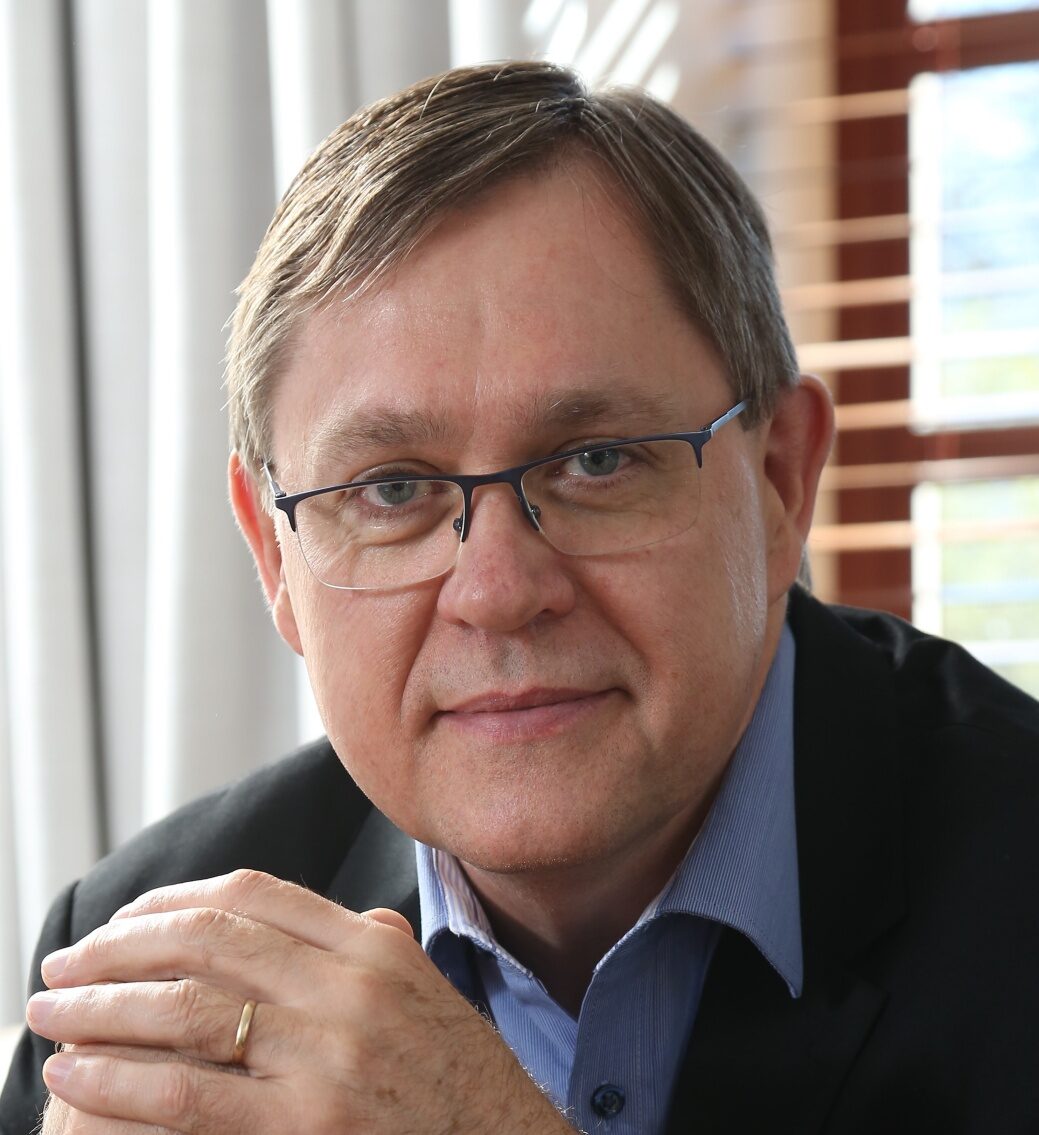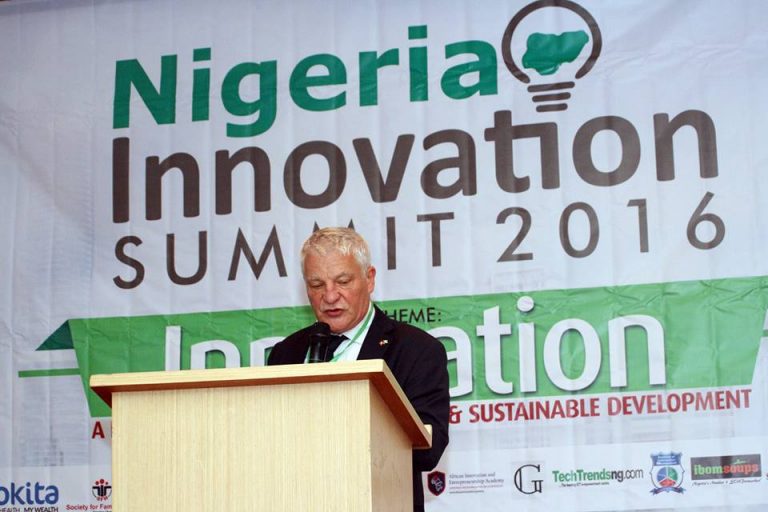Building a future-ready generation with the skills to compete and thrive

With South Africa celebrating Youth Month 2025 and ahead of the 10th anniversary of World Youth Skills Day on 15 July which focuses on Youth Empowerment through AI and Digital Skills, there is a growing urgency to provide young people with access to the skills they need to thrive in a data-driven world. As artificial intelligence (AI), analytics, and automation reshape the workplace, cultivating the right mix of technical and human skills is essential to closing the digital divide and unlocking inclusive economic opportunity.
According to André Zitzke, Manager of Global Academic Programmes for Africa at SAS, technical skills in data science, analytics and AI are now essential across every industry from healthcare to retail, manufacturing to financial services. But it does not stop there.
“In the age of AI, we are not just talking about hard skills. We are also talking about curiosity, resilience, creative problem-solving, and the ability to work collaboratively,” says Zitzke. “Those are the traits that will allow learners to grow, adapt, and build meaningful careers in a world where the only constant is change.”
Reframing the talent gap: The global context
The World Economic Forum estimates that 85 million jobs could be displaced by a shift in the division of labour between humans and machines by 2025, but 97 million new roles could emerge that are more adapted to the new dynamic. Similarly, McKinsey research shows that companies using AI most effectively are those that pair tools with strong upskilling programmes and “superagency”, the ability to take initiative, adapt, and learn continuously.
Despite this, the Pierpoint Global Talent Trends report highlights that 75% of employers globally still struggle to find talent with the right digital skills.
“The demand for skills like data science, machine learning, and risk analytics is far outpacing supply, especially at the postgraduate level. If we want to be globally competitive and inclusive, we have to build sustainable pipelines from the school classroom to the boardroom,” adds Zitzke.
Growing Africa’s talent pool through long-term partnerships
One example of this sustainable pipeline in action is the partnership between SAS and North-West University’s Centre for Business Mathematics and Informatics (BMI), which has produced over 500 master’s-level graduates since its inception. These students specialise in business analytics, actuarial science, quantitative risk management, and financial mathematics. Of these, more than 75% are employed by SAS customers and partners both in South Africa and internationally.
“Through the SAS Global Academic Programme, we provide universities with software, academic resources, digital badges, and hands-on training opportunities aligned to market demand. Students do not just learn theory but also work on real-world problems inside businesses before they graduate.”
This includes industry immersion programmes, mentorship by analytics leaders, and certifications like the SAS Specialisation Programme. Events like the SAS Hackathon and Curiosity Cup give students the chance to compete globally and apply their knowledge in high-pressure environments.
Locally, SAS also supports early-stage interventions like Coding4Mandela and Teachers4DataAnalytics, as well as foundational mathematics initiatives in underserved communities like Makhanda.
A new kind of literacy
As generative AI (GenAI) and advanced analytics become everyday tools, digital literacy is being redefined.
“It is no longer enough to know how to use Excel or basic software,” says Zitzke. “Young people need to understand how data flows, how algorithms work, how to question outputs, and how to use insights ethically.”
This broader literacy must also extend to educators.
“You cannot modernise the curriculum if teachers don’t have the tools,” adds Zitzke.
SAS’s approach includes training faculty, co-developing curricula with employers, and building labs like the SASLab at NWU, one of the largest academic big data installations in Africa.
An inclusive, digitally enabled future
SAS is calling on stakeholders across government, academia, and industry to align efforts and scale what works. This includes curriculum reform, targeted funding, stronger school-university-industry partnerships, and a shift toward inclusive, AI-ready learning ecosystems.
“Skills development must be inclusive, future-focused, and grounded in the realities of the African context. When we empower young people with both the technical and soft skills needed for tomorrow, we give them more than job readiness, we give them the tools to lead,” concludes Zitzke.






